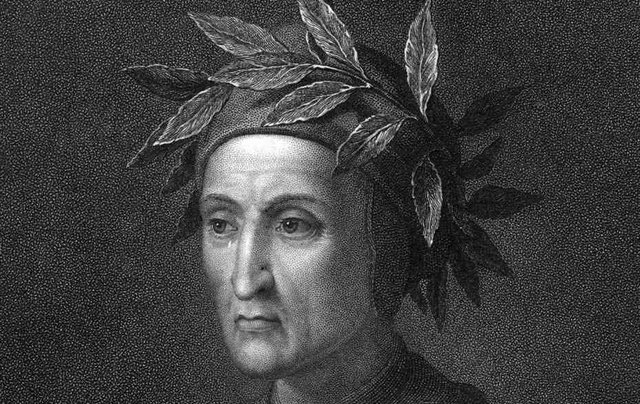
Virgil (15 October, 70 – 21 September, 19 BC) was a Roman poet from the Augustan period. He is known for his wide influence on western literature works such as Dante’s Divine Comedy.
Fun Facts about Virgil:
- Not much is known about Publius Vergilius Maro, more commonly known as Virgil. Much of his biographical information is lost, or based on tradition.
- Virgil is almost always ranked as one of Rome’s greatest poets.
- His poem Aeneid has been considered in ancient Rome a national epic since it was composed. Aeneid follows a Trojan refugee’s trials as he attempts to reach Italy, where his destiny lies.
- In Dante’s Divine Comedy, Virgil appears as Dante’s guide through Hell and Purgatory.
- Even though Virgil is said to be of a humble background, historians believe he was from a landowning family that had enough funds to educate him.
- It seems that Virgil had bad breath his whole life.
- During, and after, the collapse of the Western Roman Empire, Virgil was acknowledged as a master poet.
- Christians from the third century (at least), and alter interpreted Eclogues 4, describing the birth of a boy ushering a golden age, as predicting the birth of Jesus. In fact, at some point Virgil was held in the same regard as the biblical Hebrew prophets who foresaw Christianity.
- Legends of Virgil’s magical powers, attributed to him by those who saw his work having magical properties, took a life of their own, separate from his writings. In fact, the medieval Wales version of his name, Fferyllt/Pheryllt, became a generic term for magicians and is the modern Welsh word for a pharmacist – fferyllydd.
- Traditionally, it is believed that Virgil died after catching a disease and crossing Italy by ship. Emperor Augustus prevented his poems from being burned, as was his wish.
Zohar — Man of la Book
*Amazon links point to an affiliate account
--- Please like and follow ManOfLaBook.com ---


